Turning on the heat may be the right option when cold days arrive. And while it feels good not to shiver when you come out from under a pile of blankets in the morning, your immune system may feel otherwise.
Sleeping with the heat on at night can make you more prone to infections and other serious illnesses, as well as making the indoor air toxic.
Turning off the heater at night before going to sleep will not only protect your immune system, but it will also save on your electricity bill. We did some research to find out more about the negative effects of sleeping with the heater.
Is It Bad To Sleep With The Heater On?
It Can Disturb Sleep Quality
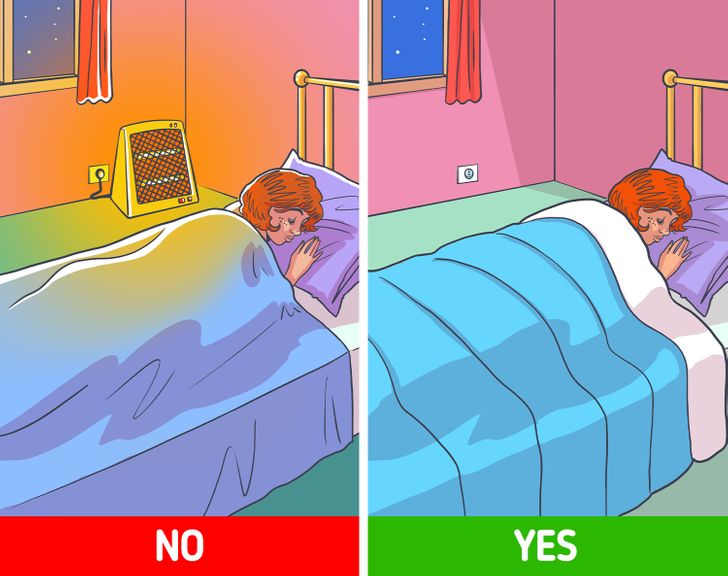
At night, our bodies experience a slight drop in their core temperature, sending heat away from the core, signaling to the body that it is time to sleep. However, when the ambient temperature is high, you can disrupt your body’s thermoregulation process and experience fatigue, malaise, and restlessness.
Warmer ambient temperatures can decrease the time spent in NREM sleep. Not only will this make you dizzy the next day, but it can also affect your body’s recovery, memory consolidation, learning, and other processes.
That’s why adding one more blanket instead of turning on the heater might be a better solution, as you can easily remove a layer in hot weather.
It Can Trigger Chest Pain And Heart Problems
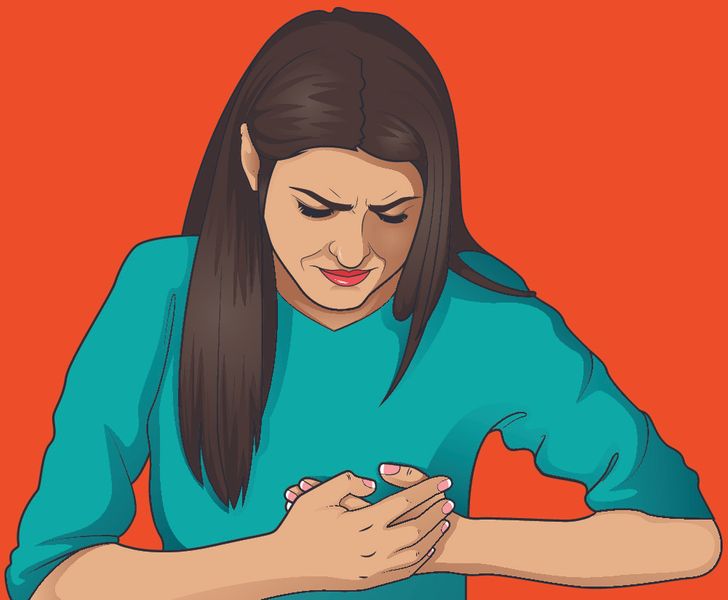
Space heaters (obviously) generate a lot of heat, which in turn increases the level of carbon monoxide inside the room. That is why it is not recommended to keep it for a long time since the heat will raise the CO above safe levels that can be harmful to our health.
The effects of keeping heaters on for long periods can cause chest pain and initiate other heart problems. In this case, people with heart disease and asthmatics should be very careful, as they are at special risk.
It Can Affect Male Fertility
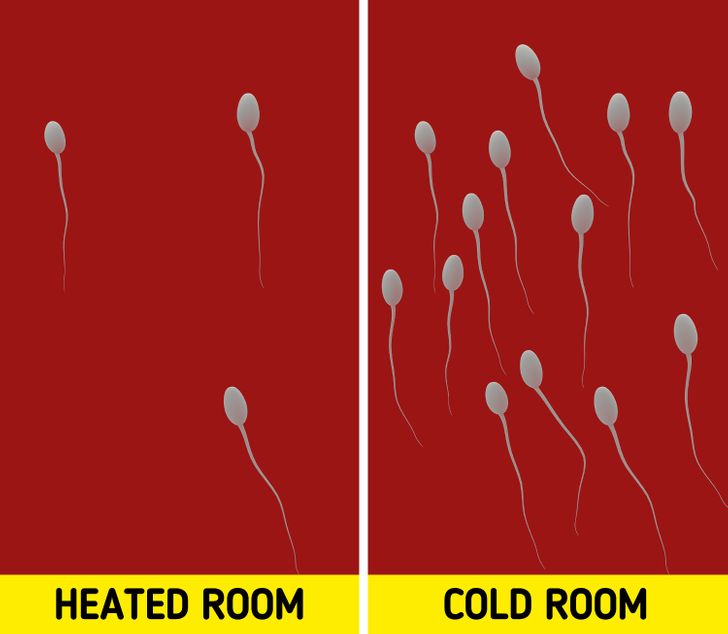
Prolonged exposure to heat can be a major factor in male infertility. However, the good news is that the negative effects that heat can cause are reversible. That means it’s never too late to turn off the heater and start sleeping in a cooler room.
READ RELATED: Victoria SCRAPS its most hated – and bizarre – Covid rule about outdoor masks
It Can Dry Out Your Skin
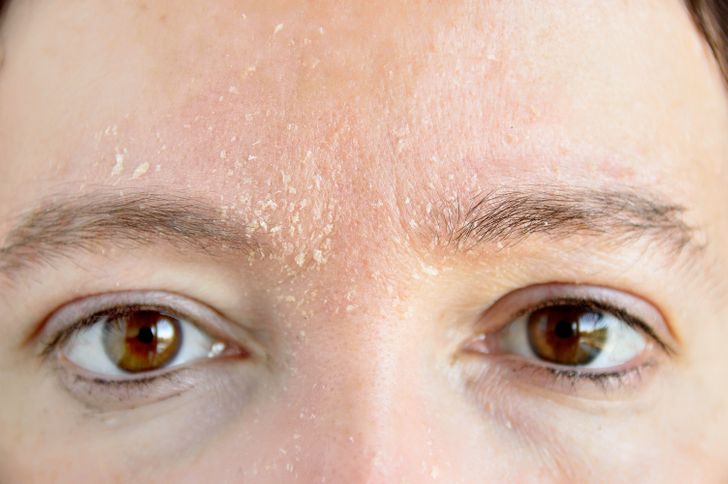
Sleeping with the heater on all night can also cause the skin to dry out due to lack of moisture. It can also make your skin easily irritated, flaky, and itchy.
People who tend to keep the heater close to them are at the highest risk for dry skin and the other symptoms mentioned above.
It Can Make The Air In Your Room Toxic
If your bedroom is not well ventilated (which is difficult to maintain while you sleep), prolonged periods of excessive heat can negatively affect indoor air quality.
This can have long-term health consequences and potentially lead to respiratory problems such as asthma, trigger allergies, and cause some other serious illnesses.
It Can Suppress Your Immune System
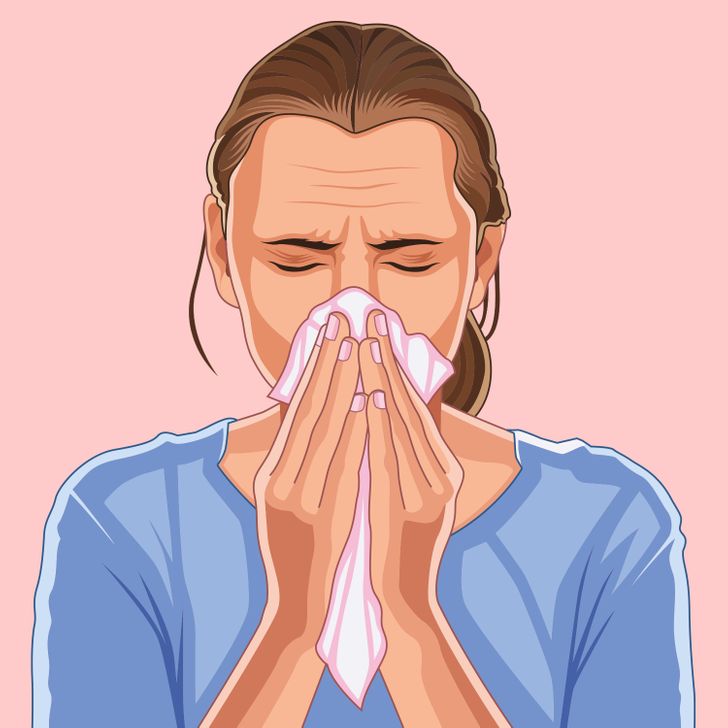
Bacteria survive longer in dry air. That is why the conditions created by leaving the heater on can create an environment where bacteria thrive.
In fact, this is why we often get sick and catch the flu more often during winter, when the air in our rooms is considerably drier.
Do you sleep with the heat on? Share your ideas and experiences with us in the comments.
Preview photo credit Depositphotos.com
Source: crfatsides








